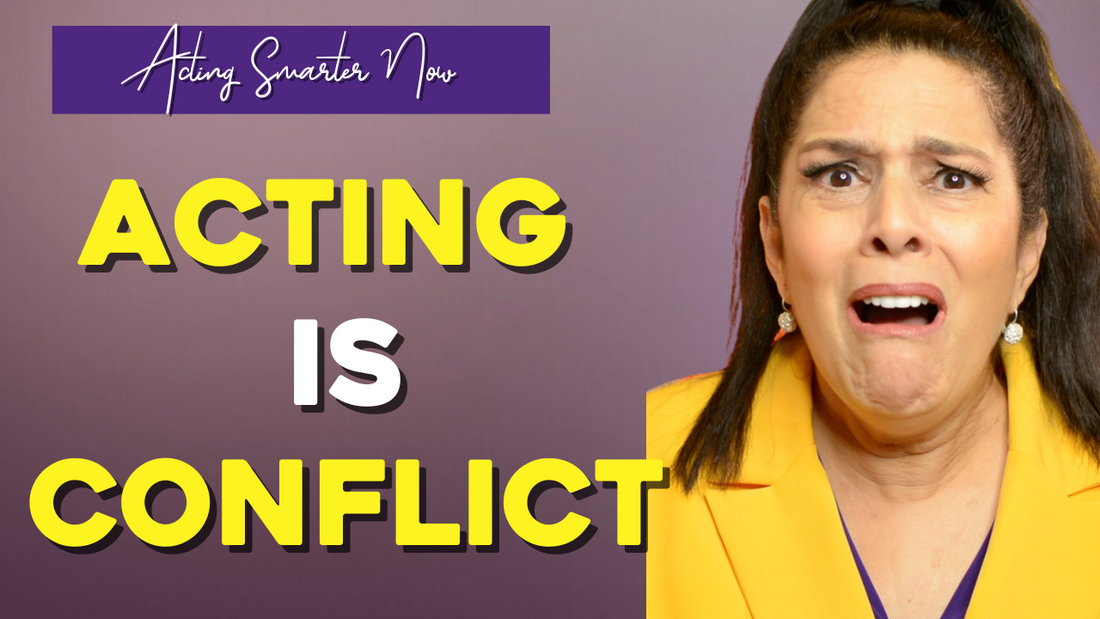
Good Acting is CONFLICT (Rehearsal dos and don'ts from Lydia Nicole)
Share
Hey there, aspiring actors! Ready to make your rehearsals vibrant and your performances unforgettable? Let’s dive into some juicy insights that will transform your acting game. Ever caught yourself trying to choreograph every move with your scene partner? “Okay, when I go to the door, I’ll turn and look at you, and you grab my arm,” and then they say, “That's great, and then you push me away.” If this sounds familiar, it’s time to hit the brakes. That’s not how acting magic happens.
Conflict is Key
First things first: acting is conflict! Let me repeat that—acting is conflict! It’s drama, struggle, and the pursuit of an objective or intention. You need obstacles that make you question whether you’ll get what you want, yet you’re relentlessly committed to trying. Your inner work should be your secret weapon, something you keep under wraps until the moment you unleash it.
Surprise Your Scene Partner
When you do your work right, your scene partner should be on their toes, never knowing what you’ll do next. Agreeing with your partner and planning every detail? That’s bad acting—rigid, boring, and as exciting as watching paint dry. Good acting brims with tension, suspense, and surprises.
Be Unpredictable
Great acting means unpredictability. Even though you know the script, your performance should feel fresh, leaving the audience and your scene partner unsure of what’s coming next. This keeps everyone engaged and the performance electric.
Come Prepared
Bring all kinds of tricks to rehearsals. Make sure your stakes are sky-high, weaving conflict into every moment. Even if your scene partner smiles at you, interpret that smile with a critical eye: “What are they trying to get from me?” or “What do they want?”
Focus on Intentions, Not Lines
Forget about focusing on lines during rehearsals. Learn your lines at home—rehearsals are for exploring your intentions and what you want to extract from the other actor. Avoid being a talking head. Instead, engage with props, actions, and your character’s movements. Write a detailed bio for your character, diving into their backstory.
Build Your Character
Invest time in building your character, adding layers upon layers. How does your character walk, talk, and move? How do they dress, sit, and stand? These details bring your character to life, making them authentic and compelling.
Remember, good acting is all about conflict, tension, and chasing your objectives with relentless determination. Prepare, surprise, and commit fully to your rehearsals. With these acting tips, you’re on your way to creating performances that are dynamic, engaging, and truly unforgettable. Now go out there and make some magic!
Sign up for the Acting Smarter Now newsletter to stay up to date on everything acting https://lydianicolelive.ck.page/8825e750a1
